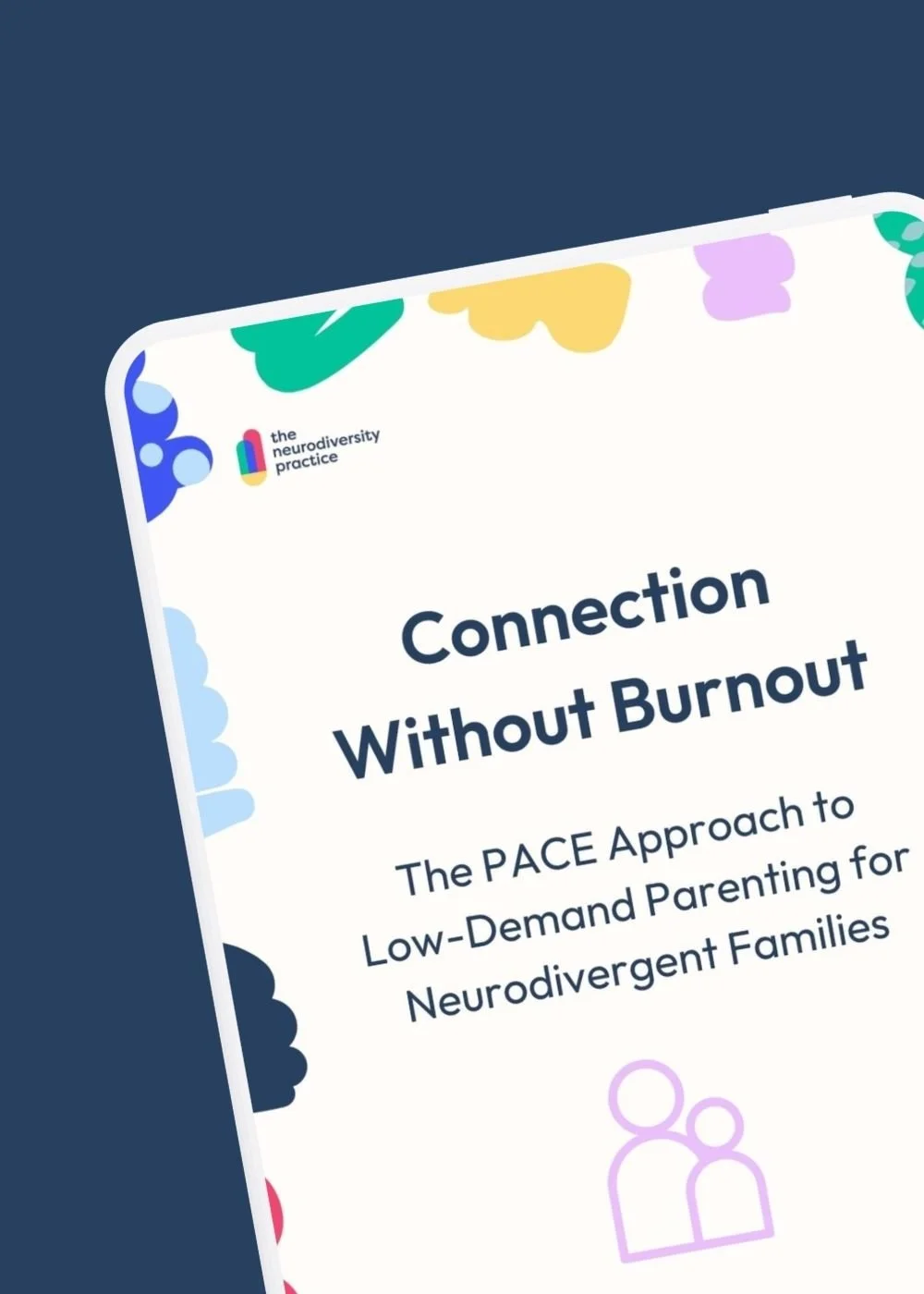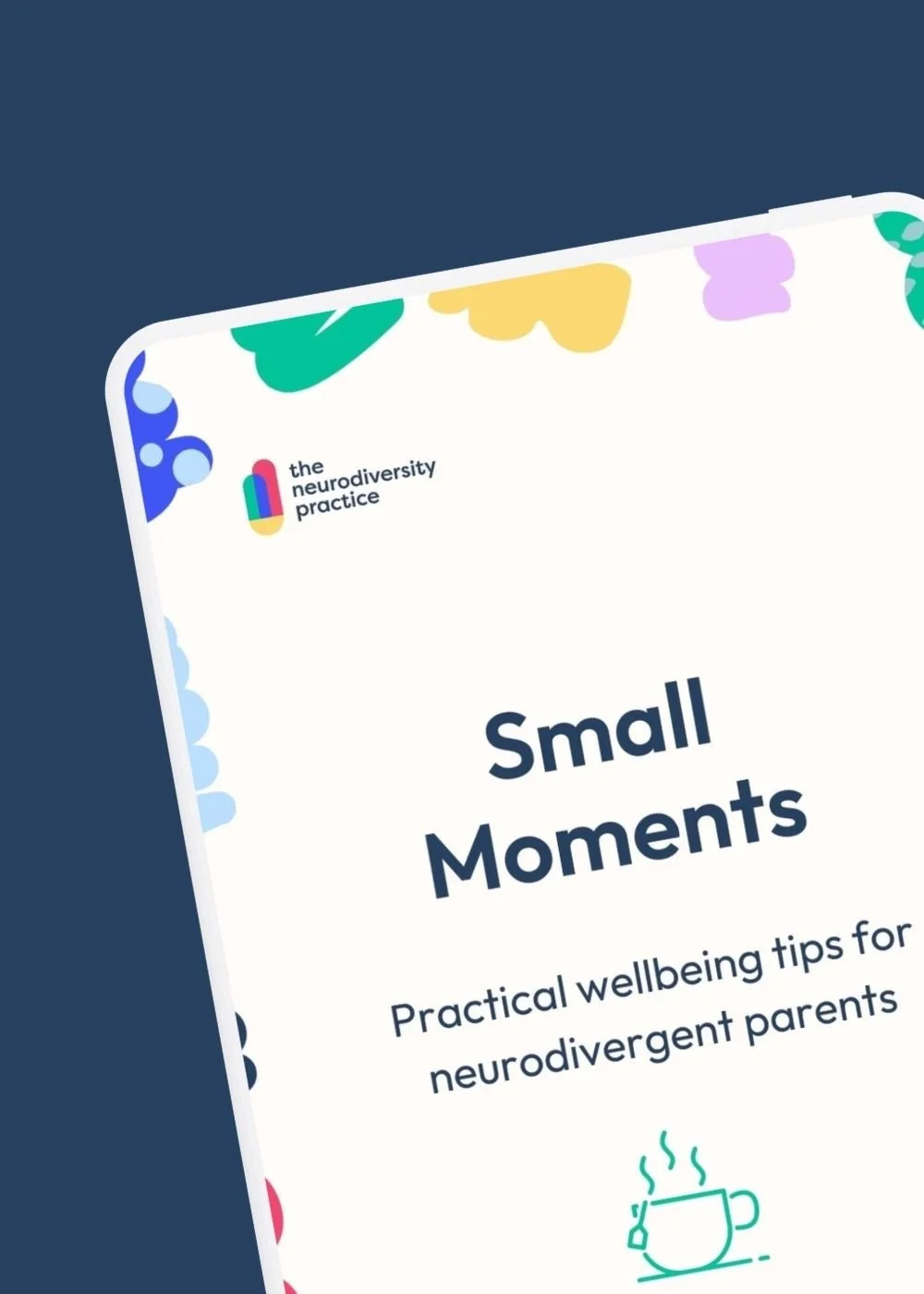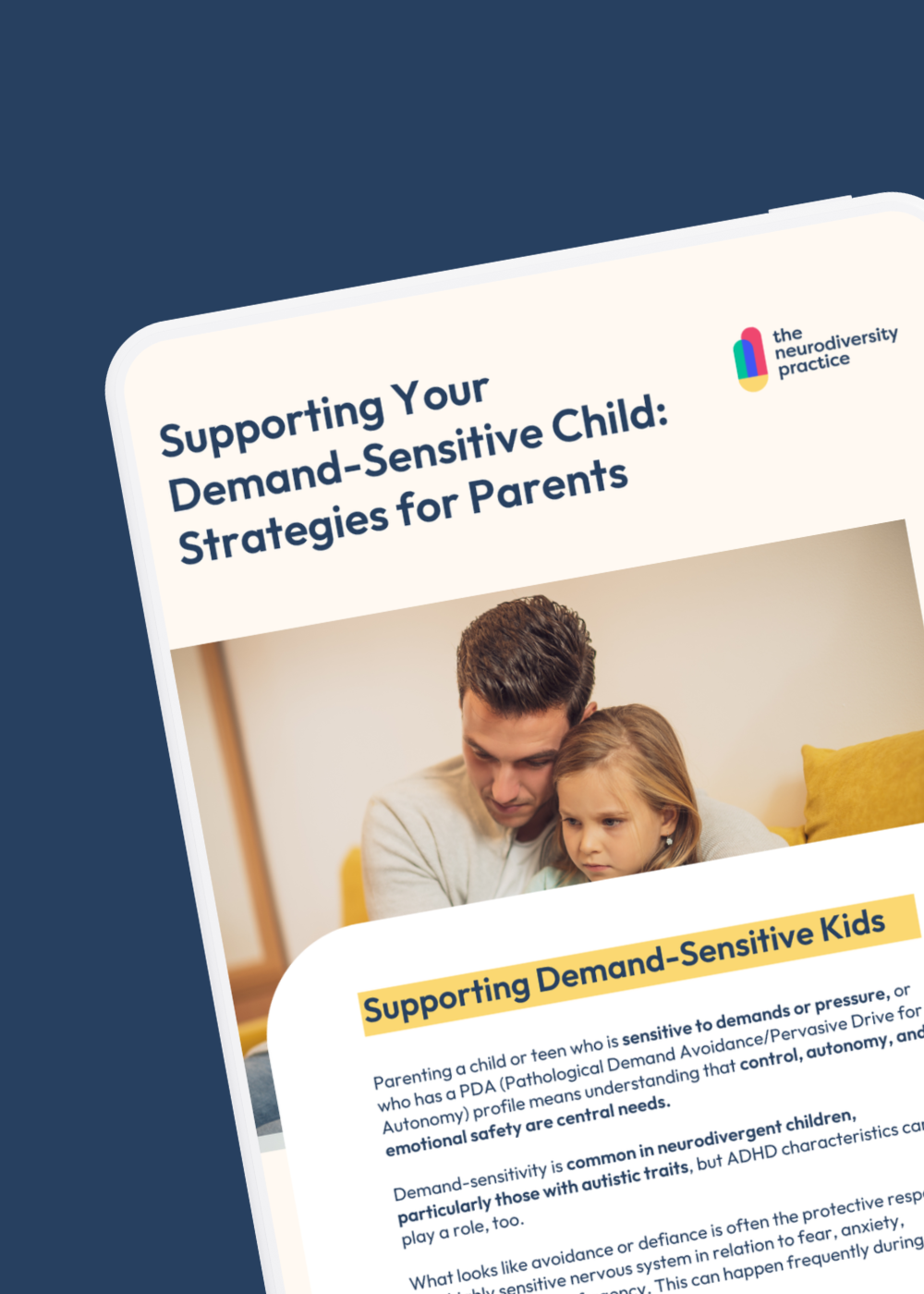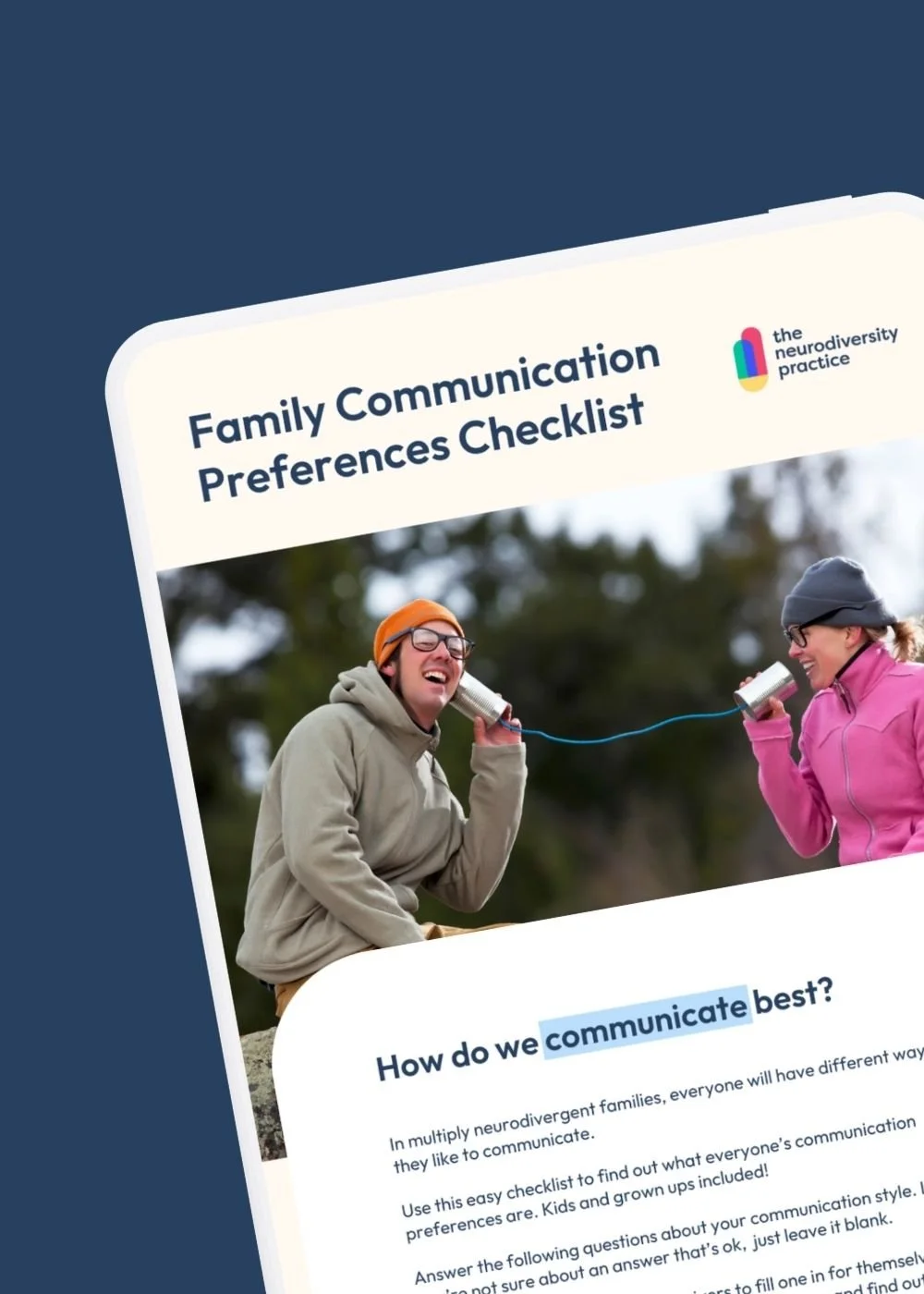 Image 1 of 1
Image 1 of 1


A Neuroaffirming School Checklist for Supporting Neurodivergent Students
Neurodivergent children often find school difficult. Even those who are able to mask during the school day, may be struggling underneath. This dysregualtion often shows up after school, when children get home.
School can be challenging for a variety of reasons: academic demands, sensory overwhelm, social complexities, multiple transitions, non-neuroinclusive rules, physical restrictions, and many others.
Supporting young people to feel safer, more regulated and less overwhelmed will obviously have a beneficial impact on their learning, wellbeing, ability to attend school, and ability to cope once at home.
In this guide, we share a checklist of practical, neuroaffirmative strategies to help support neurodivergent (including autistic, ADHD, or highly sensitive) children at school. They can be tailored based on age and individual needs.
Neurodivergent children often find school difficult. Even those who are able to mask during the school day, may be struggling underneath. This dysregualtion often shows up after school, when children get home.
School can be challenging for a variety of reasons: academic demands, sensory overwhelm, social complexities, multiple transitions, non-neuroinclusive rules, physical restrictions, and many others.
Supporting young people to feel safer, more regulated and less overwhelmed will obviously have a beneficial impact on their learning, wellbeing, ability to attend school, and ability to cope once at home.
In this guide, we share a checklist of practical, neuroaffirmative strategies to help support neurodivergent (including autistic, ADHD, or highly sensitive) children at school. They can be tailored based on age and individual needs.




